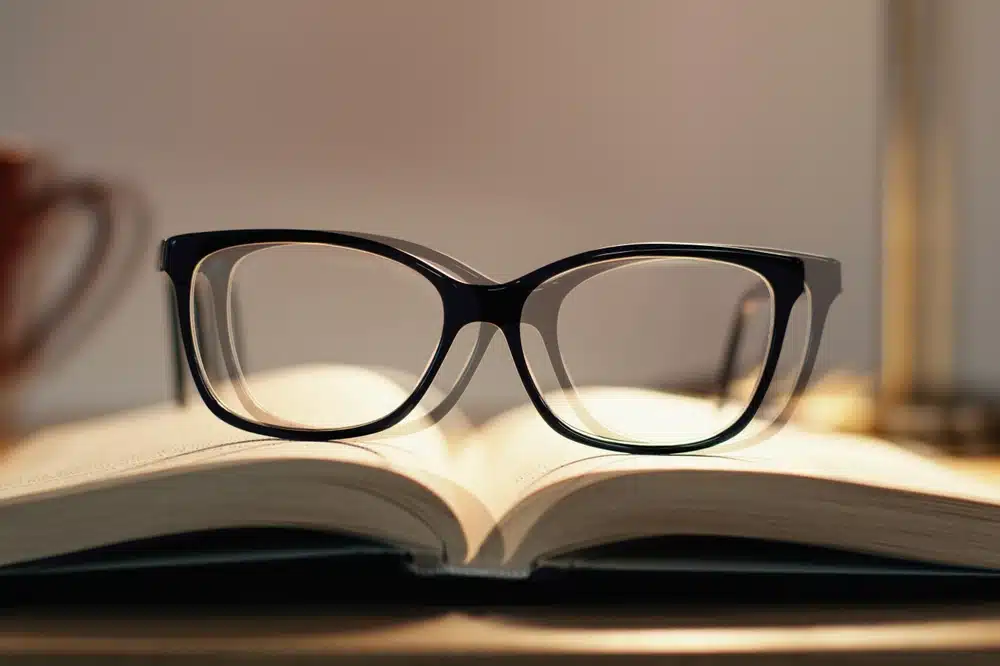
Picture this: You’re going about your daily life, reading your favourite book, sipping on your morning coffee, or simply enjoying the view when, all of a sudden, your vision plays tricks on you. Now, you see double images of everything. If you’ve experienced this, you’re not alone—it happens to the best of us. This article will dive into the causes of double vision and what you can do about it.
Contents
What is Double Vision?
Double vision, also known as diplopia, is the experience where a single object appears as two distinct images when you look at it. This optical inconsistency can manifest in various forms, including horizontal, vertical, or diagonal displacement.
While sporadic occurrences of double vision are considered normal within the human visual experience, persistent and recurrent instances may require a closer examination.
What Causes Double Vision?
Various factors contribute to the onset of double vision, including the following:
- Refractive Errors: Inaccurate eyeglass prescriptions, especially for astigmatism, can lead to double vision by disrupting how light converges onto the retina.
- Muscle Imbalances: Conditions like strabismus, an imbalance in eye muscle coordination, may lead to double vision because of the inability of your eyes to work together properly.
- Neurological Impairments: Disorders affecting the nerves responsible for controlling eye movements, including cranial nerve palsy and multiple sclerosis, can disrupt the synchronized functioning of the eyes, resulting in double vision.
- Underlying Health Conditions: Certain health ailments, like cataracts, diabetes, and head injuries, especially in proximity to the eyes, can influence your eye movements, leading to double vision.
Signs You Have Double Vision
Here are some key indicators that you might be experiencing double vision:
- Seeing Two Images: The most obvious sign is perceiving two distinct images of a single object.
- Eye Strain: Persistent eye strain, often accompanied by discomfort or a feeling of tension in the eyes, can be a telling sign of visual irregularities, including double vision.
- No Resolution with One Eye Closed: If closing one eye doesn’t eliminate the double vision, it may suggest that the issue is affecting both eyes, emphasizing the need for professional evaluation.
What to Do if You Have Double Vision
Experiencing double vision can be distressing, but taking action as soon as possible is the best way to address it. If you experience any of the above signs and are concerned about your vision, visit us at Laurier Optical for a comprehensive eye examination. This step is crucial in identifying the root cause of the issue, whether it’s related to refractive errors, muscle imbalances, neurological issues, or underlying health conditions. Contact us today.